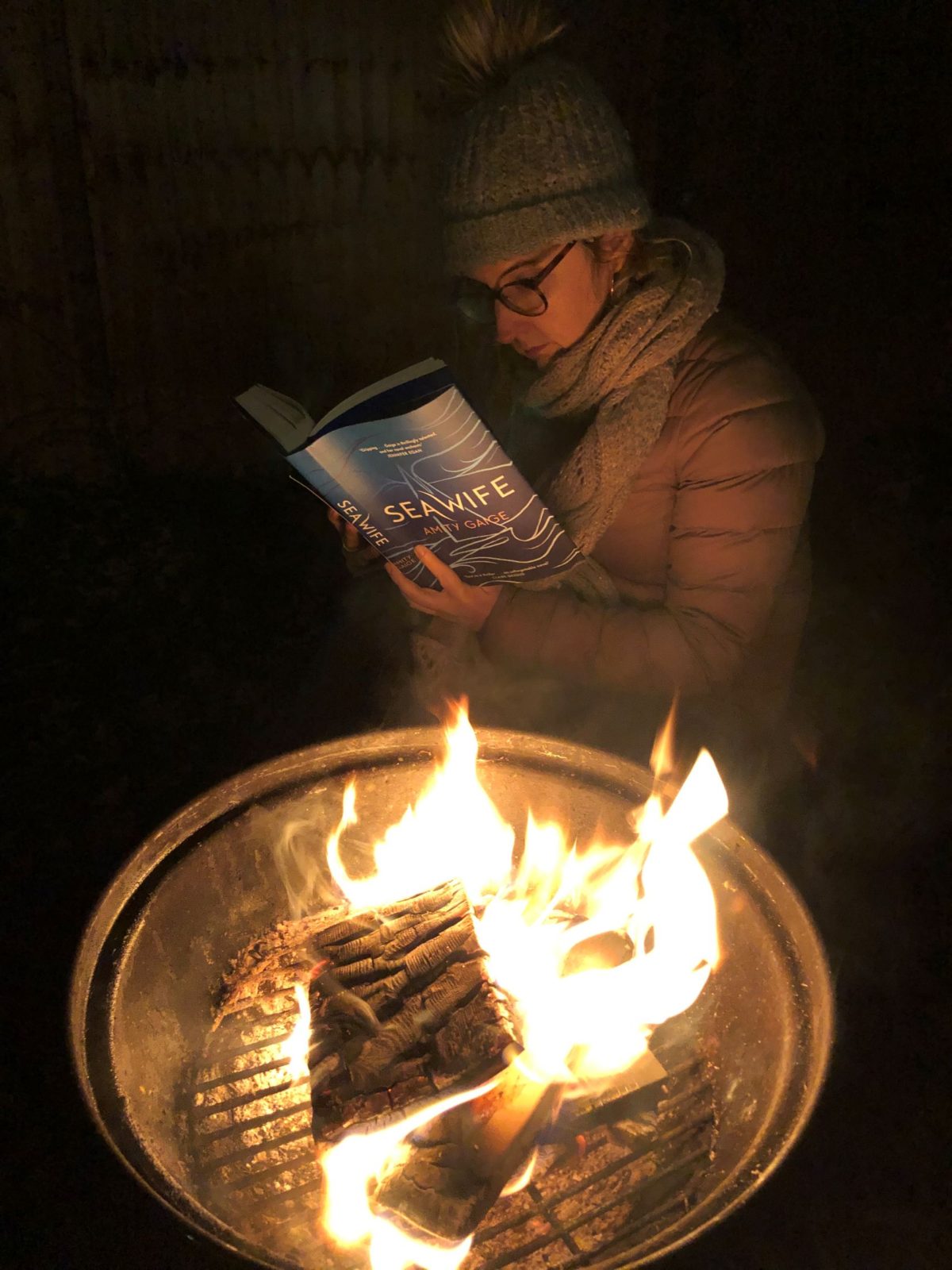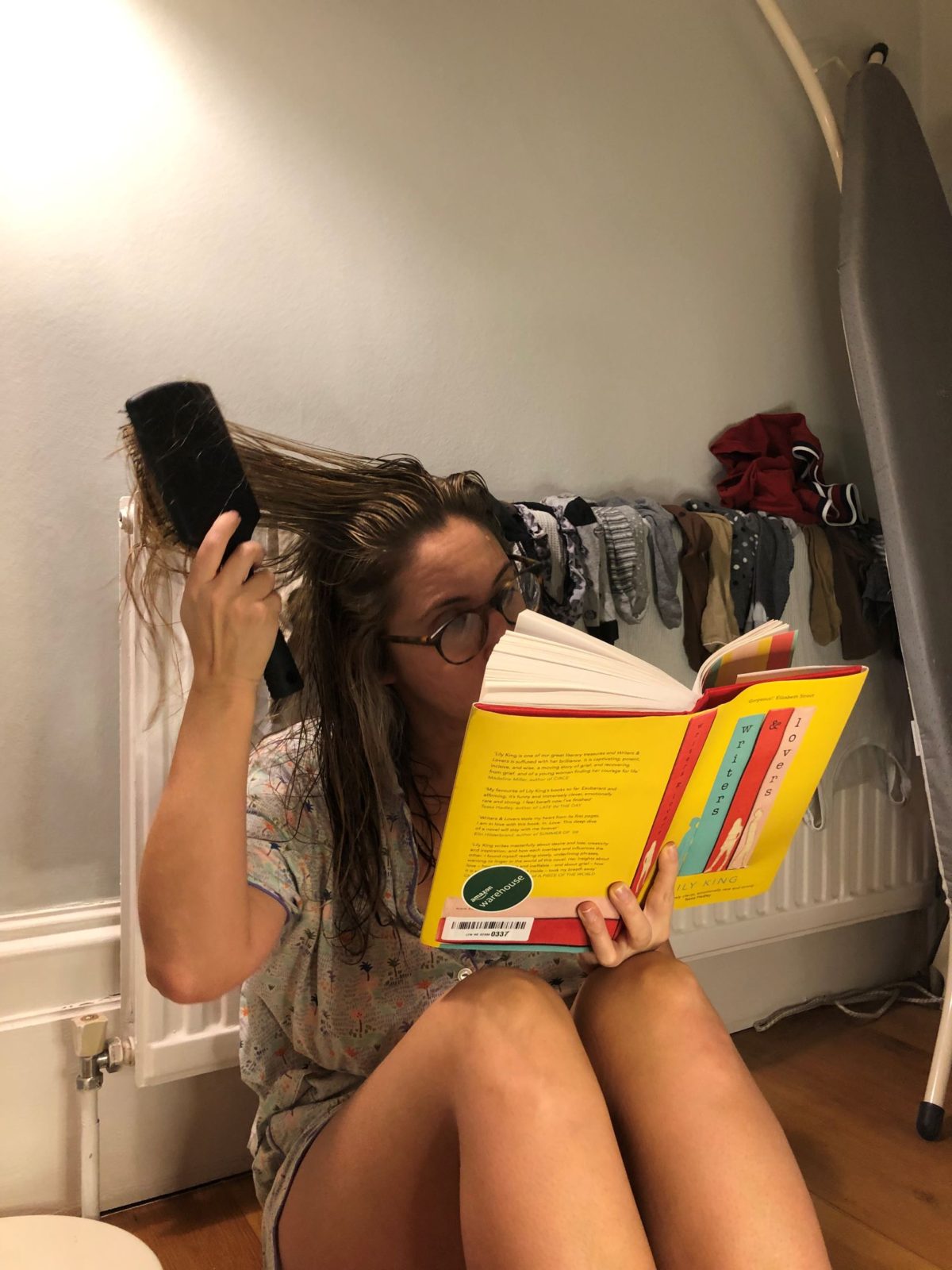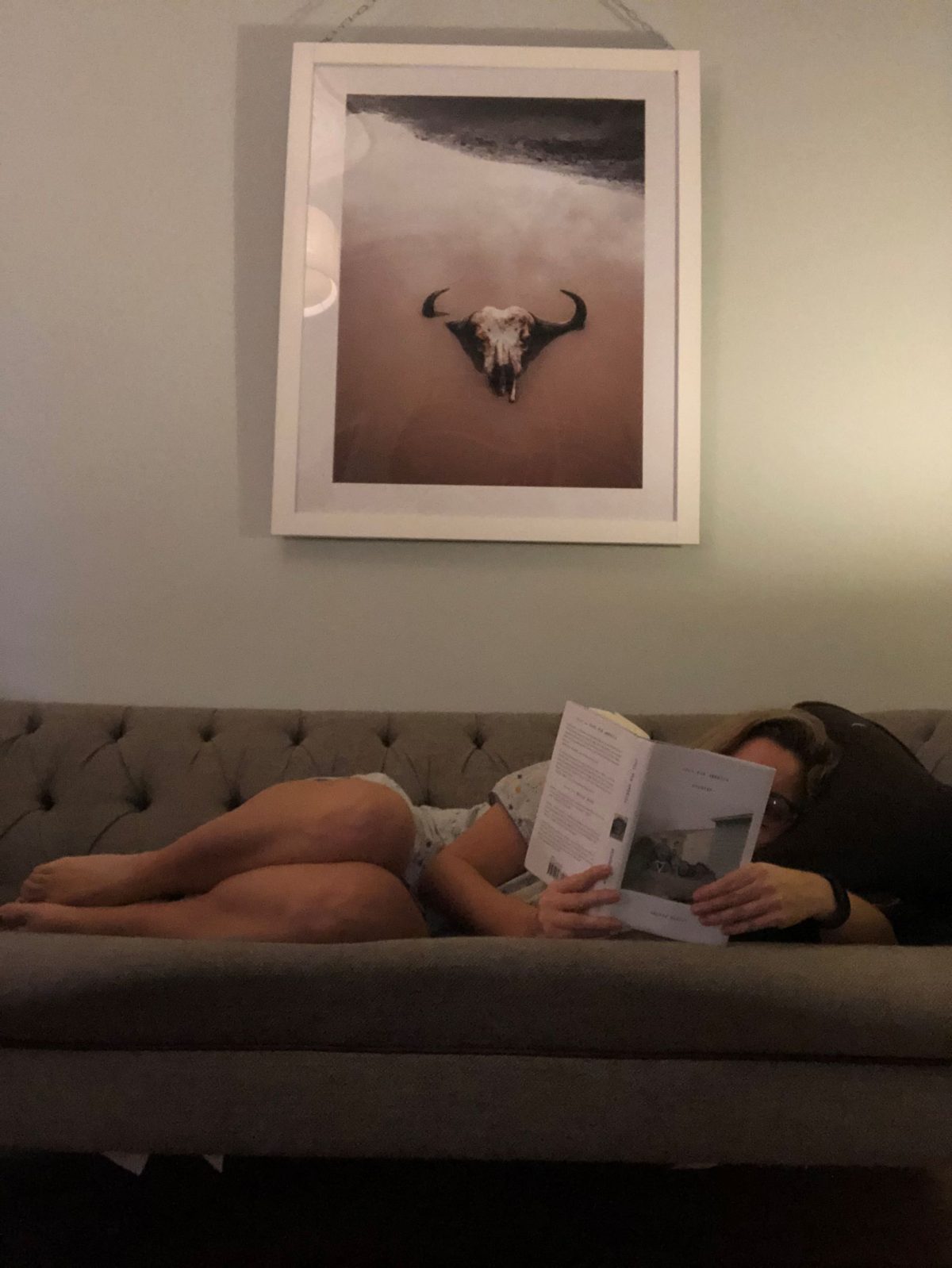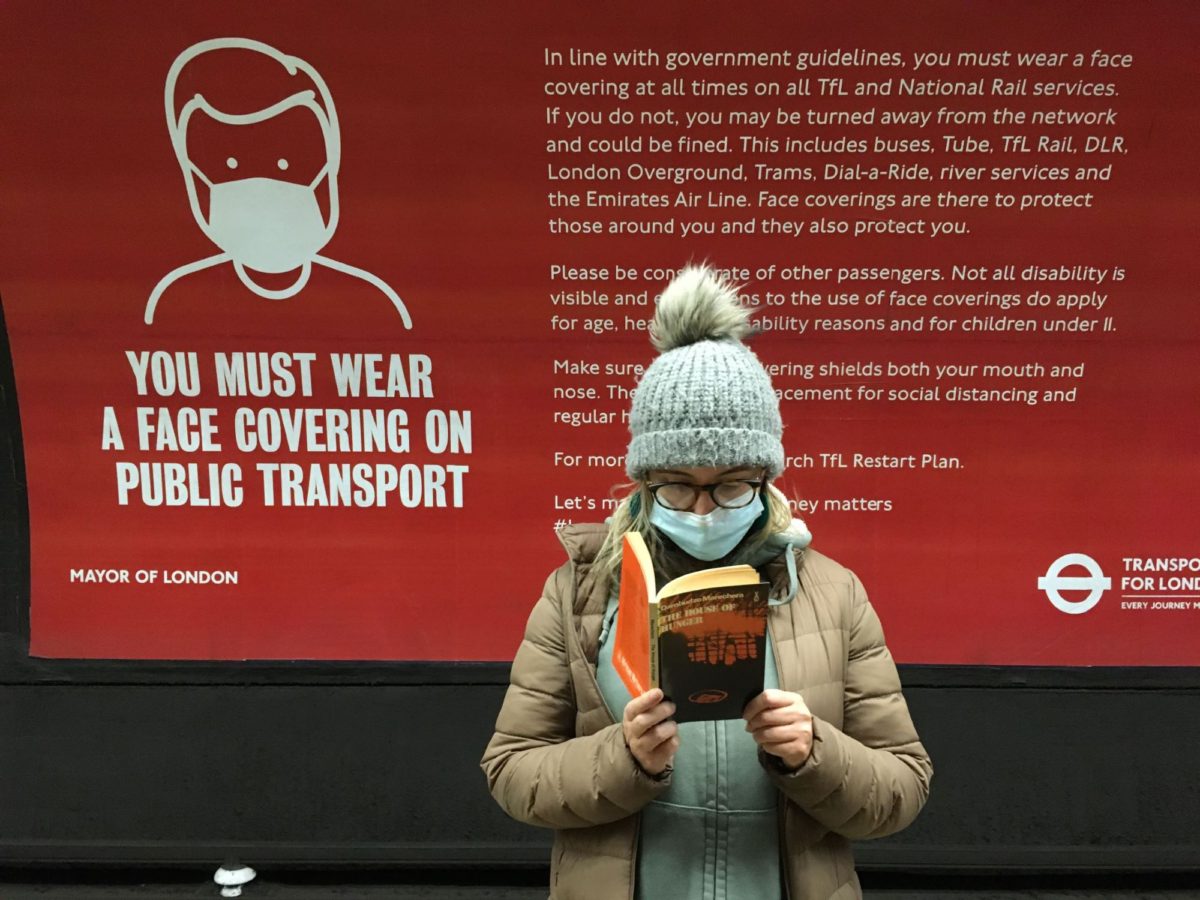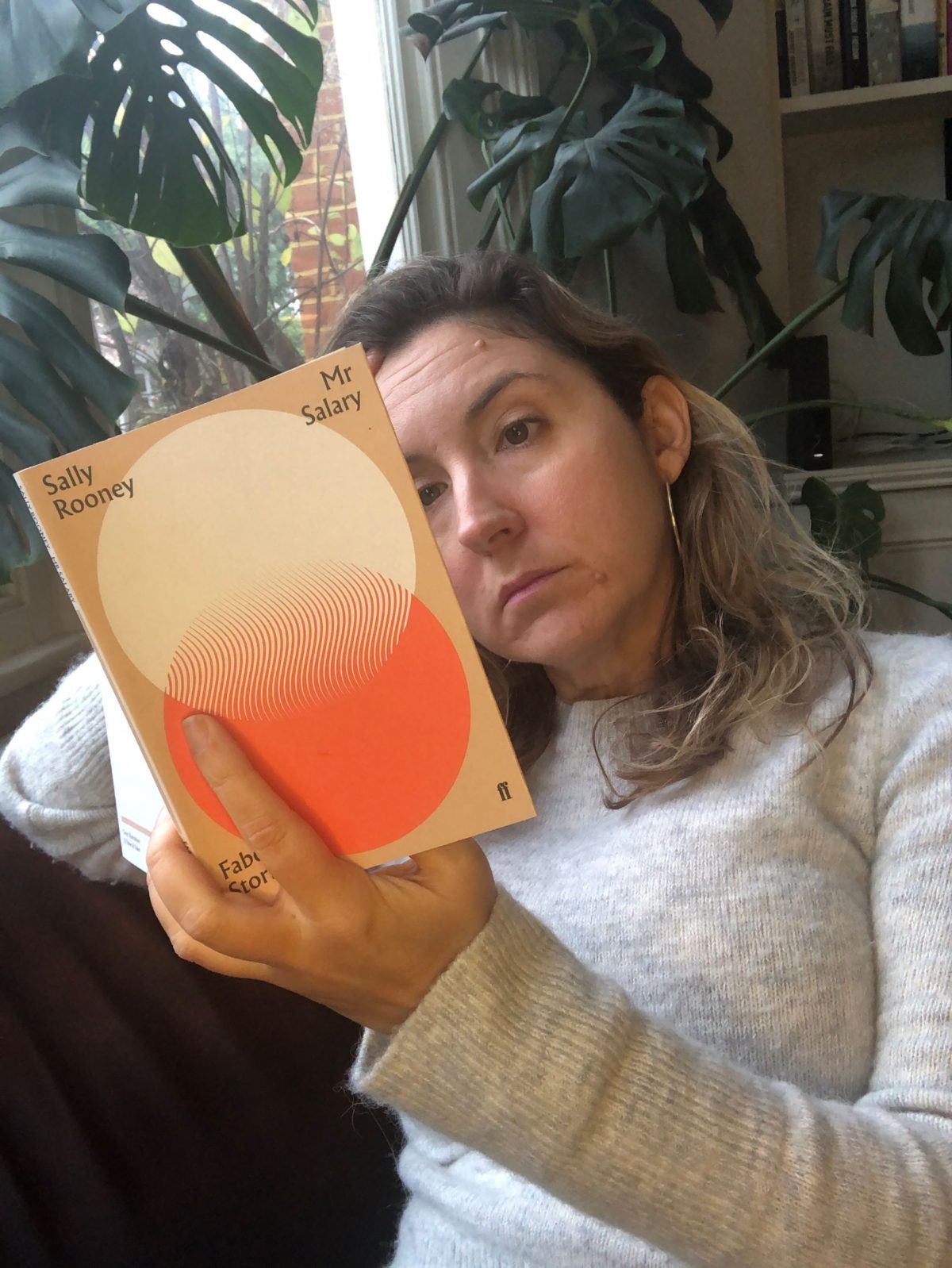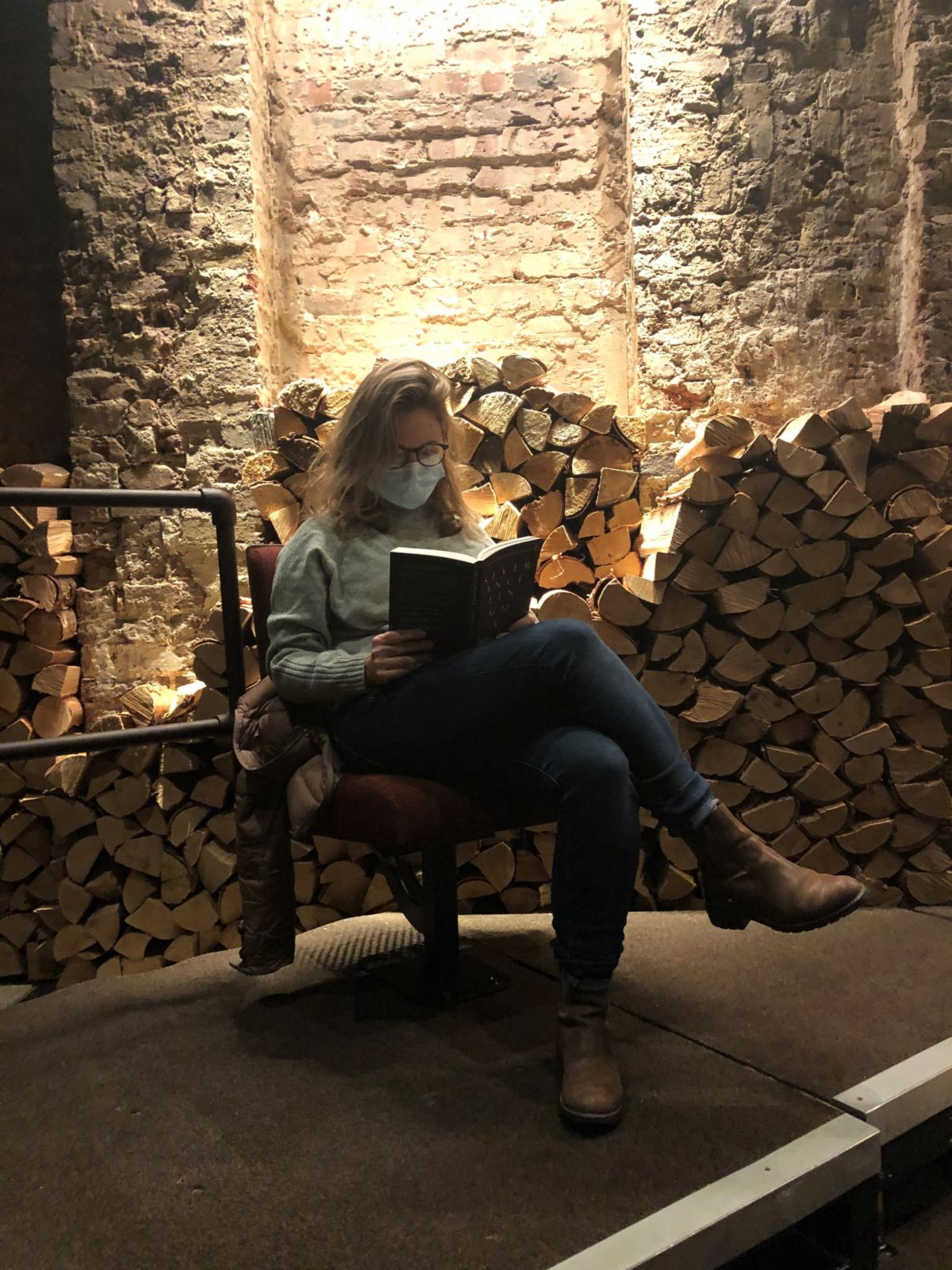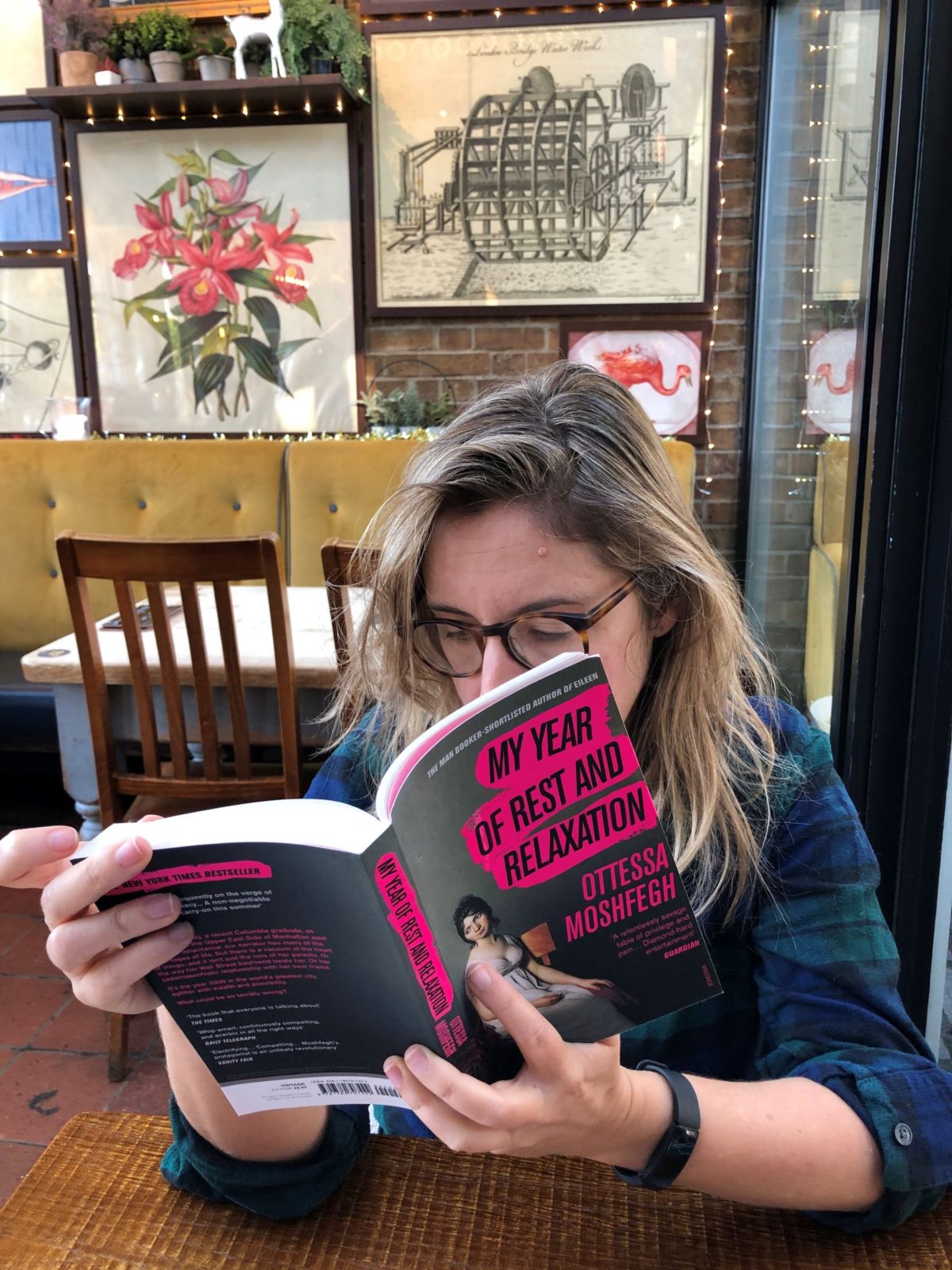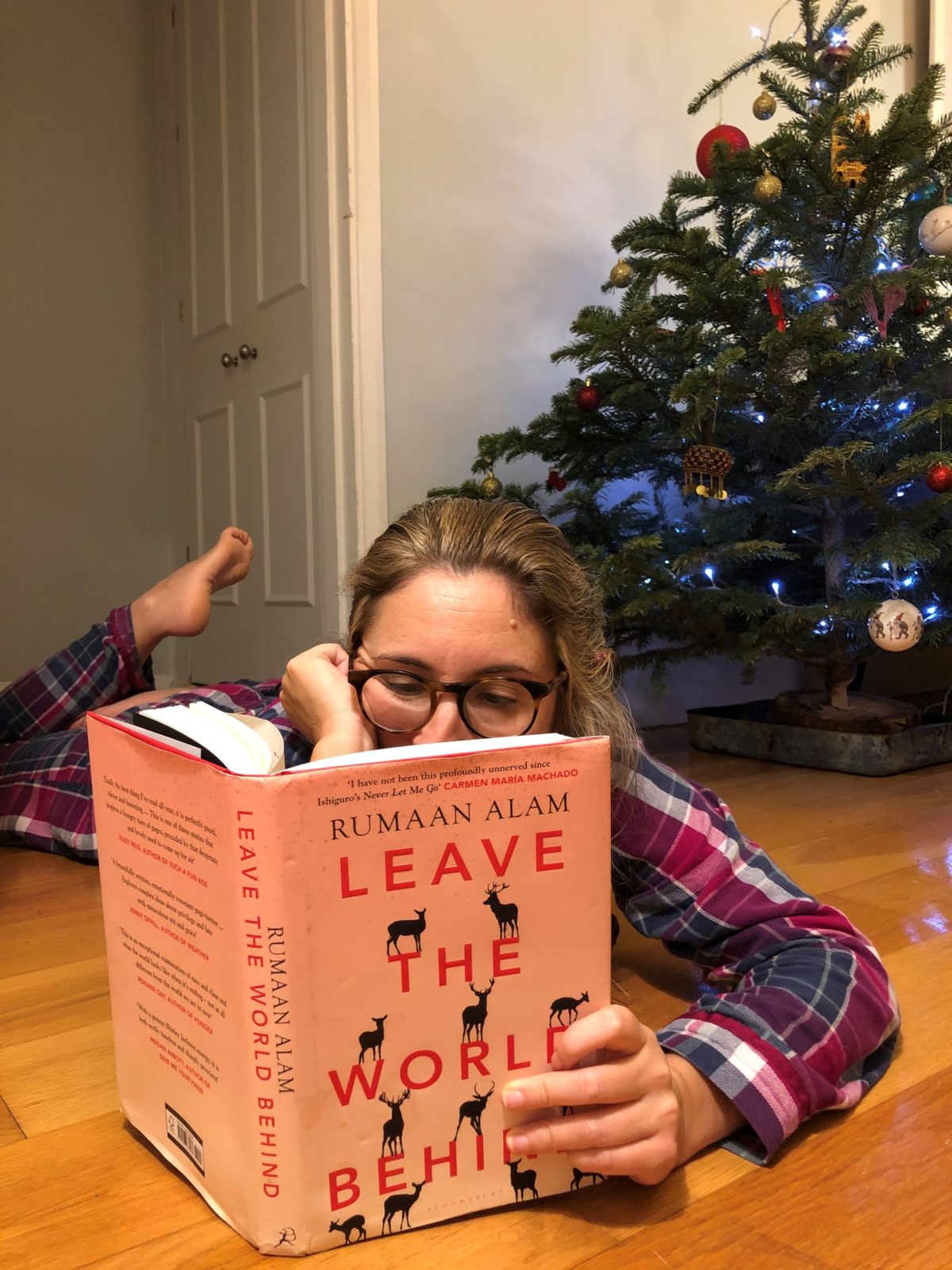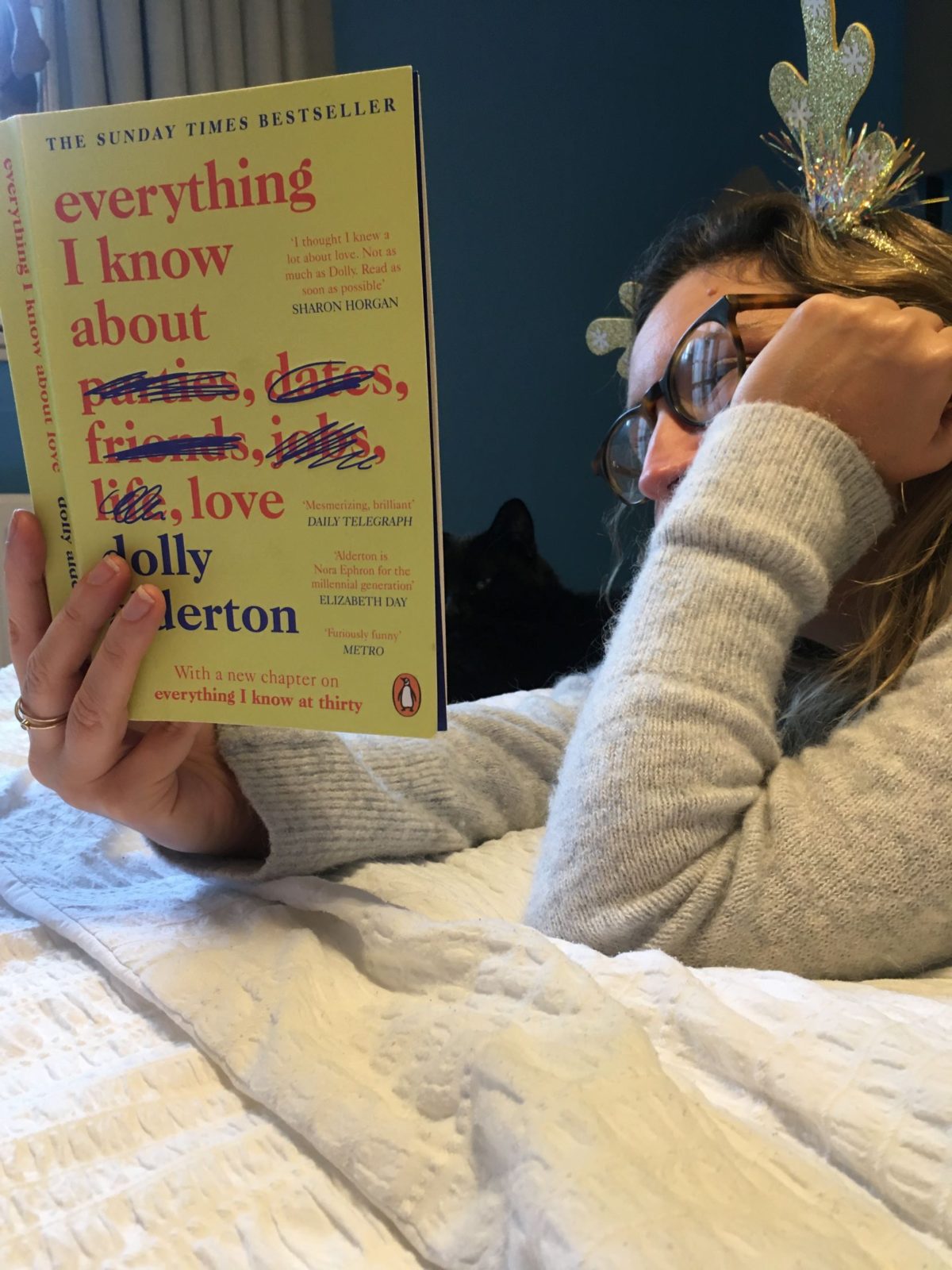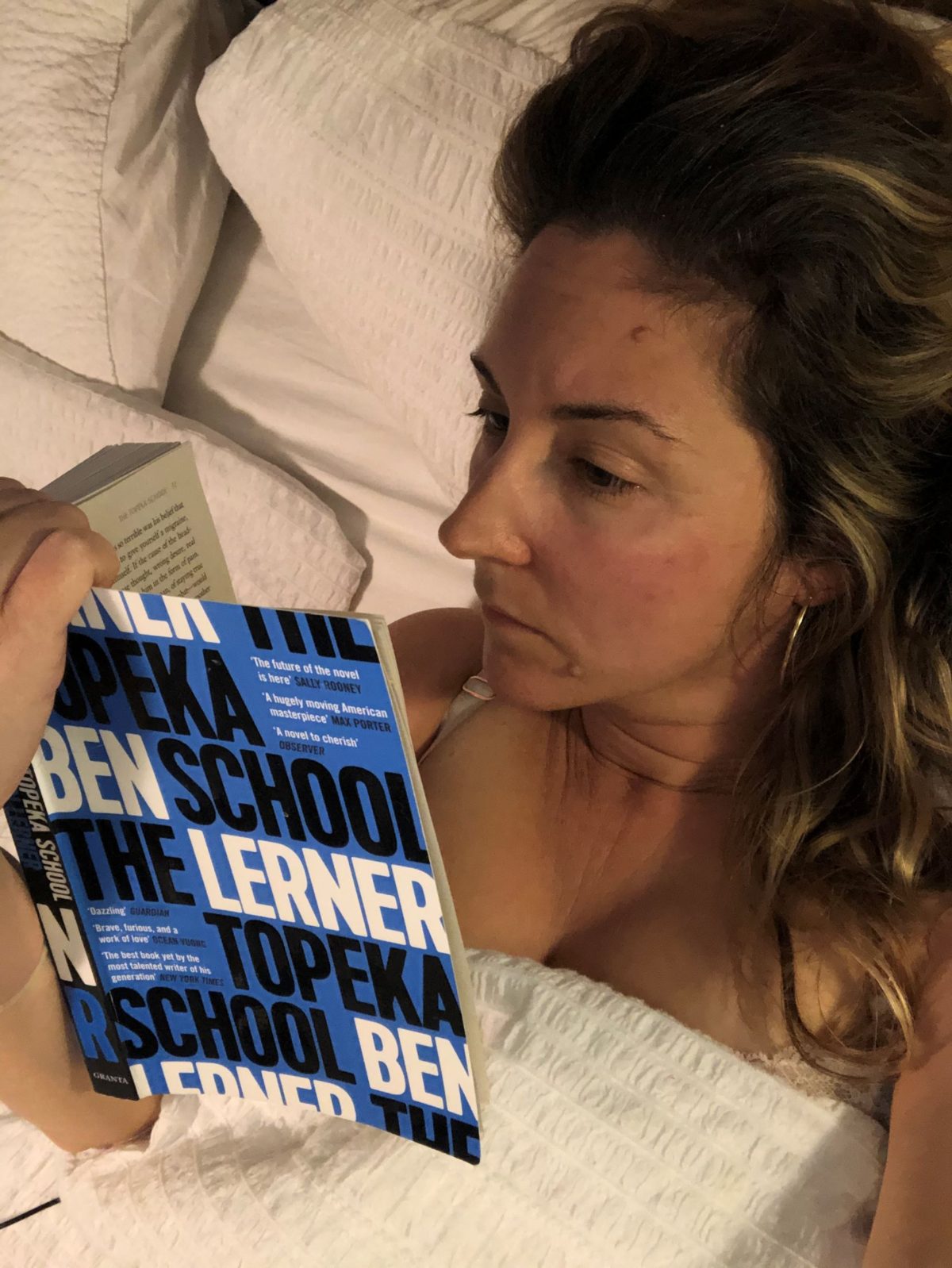In this novel a man goes off to live his dreams. He ends up dead. Why is this so often the way? I suspect on some level we don’t want to read about someone leaving their life to do something crazy and it ending well. Because that raises questions about our own life.
Michael convinces his wife to go sailing for a year with their small children. He does not know much about sailing, and his wife is resistant at first, and also at last. But they do it. As the husband says, to the many people who raise objections:
. . I think there’s something wrong with the line of thought that it’s reasonable to defer your modest dream for several decades. What are we, characters in a Greek myth? Waiting for the eagle who comes to our liver every day because in a Greek myth, that’s normal?
SEA WIFE is about their year at sea, but also about their marriage. At first your sympathy is with the wife, because truly the husband does seem kind of crazy, and he apparently voted for Trump. Over time though, I had to say I came round to his side, because the wife really is useless and whiney. She is horrified to find they are in debt, because as she explains:
I never asked questions about money
As if this is a reasonable excuse! How about you are an adult? Like what is the guy supposed to do? She also is relentlessly lazy about learning to sail, and then when the husband gets Dengue fever mid-ocean she acts like a lost puppy. I mean why did Emmeline Pankhurst even bother?

